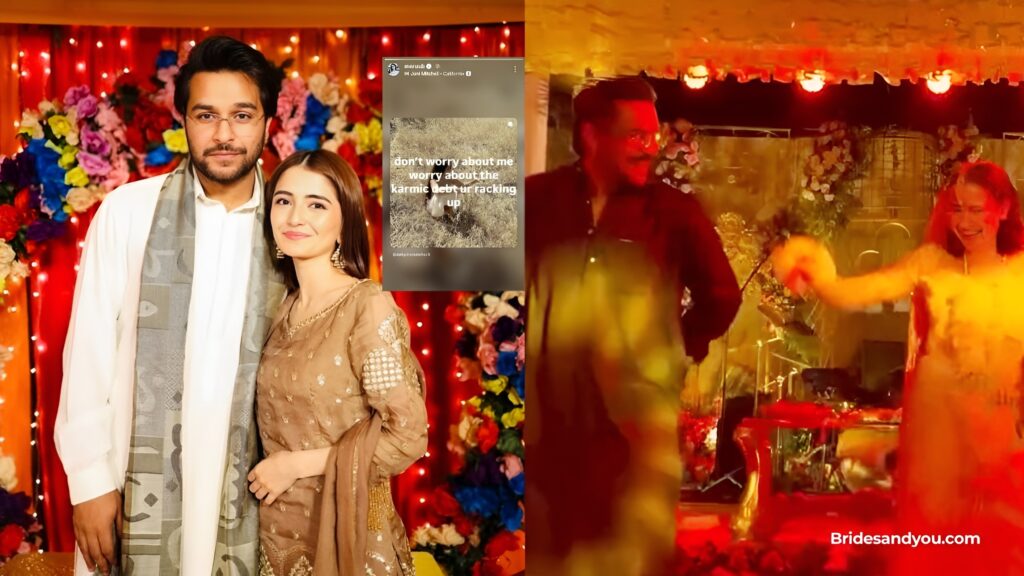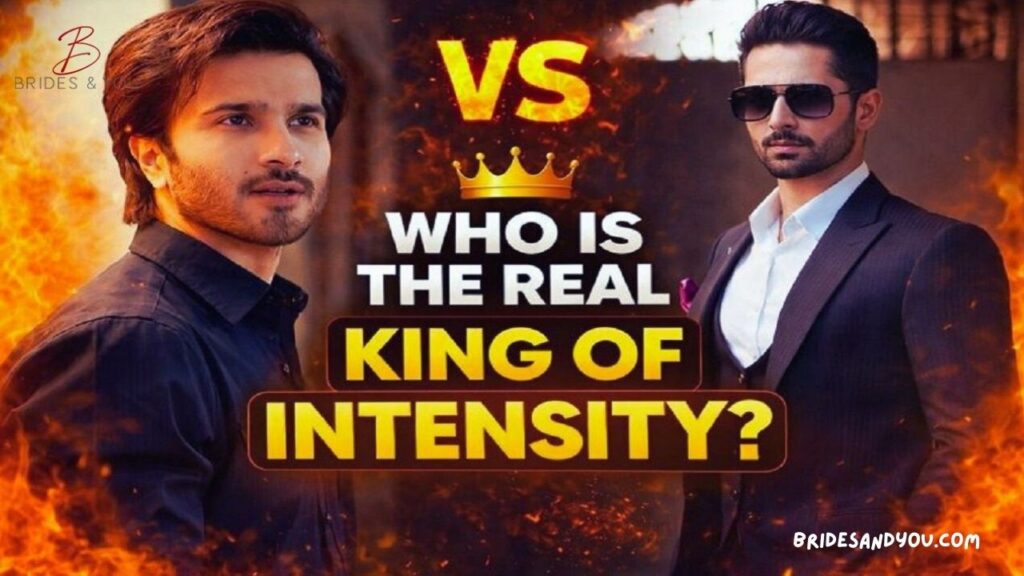Now Reading: Maulana Tariq Jameel Shares His View on Marriage to Transgenders in Discussion with Maria B
-
01
Maulana Tariq Jameel Shares His View on Marriage to Transgenders in Discussion with Maria B
Maulana Tariq Jameel Shares His View on Marriage to Transgenders in Discussion with Maria B

Maulana Tariq Jameel, one of Pakistan’s most respected Islamic scholars, recently shared his thoughts on a sensitive topic marriage to transgenders. Known for his kind personality, soft-spoken nature, and deep understanding of Islamic teachings, Maulana Tariq Jameel is admired by millions around the world.
In a recent conversation with fashion designer Maria B, the scholar discussed social and moral issues, including the controversial subject of transgender marriage. The talk quickly caught public attention as both figures are known for their strong opinions on religious and social matters in Pakistan.

Maria B’s Stance on the Transgender Movement
Maria B, a famous Pakistani fashion designer, has become a vocal activist on several moral and social issues. Apart from her work in the fashion industry, she is a prominent voice against the LGBTQ movement in Pakistan.
The designer has openly shared her opinions through her social media platforms, expressing her disagreement with what she calls the “western influence” spreading in Pakistani culture. She is also an active member of Mothers of Pakistan, a group that works to preserve traditional family values and raise awareness about the dangers of promoting Western ideologies in a conservative society.
When Maria B sat down with Maulana Tariq Jameel, she wanted to understand the Islamic view on whether a man can marry a transgender person. This topic has sparked debates across the country, making their discussion highly relevant in today’s context.
Maulana Tariq Jameel Explains the Islamic Perspective
During the discussion, Maulana Tariq Jameel spoke about the Qaum of Hazrat Lut (A.S.), a story from the Quran often mentioned when discussing moral boundaries and prohibited acts. He explained that the people of Hazrat Lut faced severe punishment from Allah due to their immoral practices.
When asked about the possibility of a man marrying a Khawajasira (transgender person), Maulana Tariq Jameel clarified that such a Nikkah (marriage) is not allowed in Islam. He stated that the purpose of marriage in Islam includes companionship, emotional support, and the ability to bear children. Since Khawajasiras are unable to have children, he emphasized that such unions do not fulfill one of the essential purposes of marriage.
He further added that Islam encourages kindness and respect toward all individuals, including transgenders, but it does not allow altering divine laws or redefining the institution of marriage. His explanation aimed to bring clarity while maintaining compassion, which is a hallmark of his preaching style.

The Broader Debate on Transgender Rights in Pakistan
The topic of transgender rights has become increasingly discussed in Pakistan over the past few years. The country officially recognizes a third gender, allowing trans individuals to identify themselves on official documents. This legal recognition was initially praised as a step toward inclusion, but it has also sparked strong reactions from conservative circles.
Many Islamic scholars, like Maulana Tariq Jameel, believe that while transgenders deserve respect and protection, society must also ensure that religious values are not compromised. They emphasize the difference between showing empathy and promoting practices that go against religious teachings.
Maria B and several other public figures argue that Pakistan must protect its cultural and moral identity. They believe that movements promoting same-sex relationships or redefining gender roles may harm the social fabric of the country.
Maulana Tariq Jameel’s Balanced Message
Despite his clear stance, Maulana Tariq Jameel maintained a balanced and gentle tone throughout his explanation. He reminded listeners that Islam teaches compassion, patience, and understanding. While he strictly opposed the idea of a man marrying a transgender person, he also stressed that transgenders should not be disrespected or mistreated.
His message was about guiding people toward the correct Islamic teachings while maintaining humanity and empathy. This balanced approach is one of the main reasons why he continues to be respected by people from different walks of life.
Public Reaction to the Discussion
The discussion between Maulana Tariq Jameel and Maria B received a wide range of reactions on social media. Supporters praised the scholar for addressing the issue with wisdom and clarity. Many appreciated Maria B for asking bold questions and bringing religious opinions to the public sphere.
However, some critics argued that such discussions might fuel further misunderstanding about the transgender community. Others called for a more open conversation that includes medical experts, legal authorities, and religious scholars to reach a balanced view that protects both faith and human dignity.
Conclusion
The conversation between Maulana Tariq Jameel and Maria B has once again opened up important discussions about faith, morality, and social values in Pakistan. While opinions may differ, the scholar’s message emphasized the importance of understanding Islamic teachings before forming opinions on sensitive issues.
His statement on marriage to transgenders reflects a clear religious viewpoint rooted in traditional Islamic law, yet it also reminds people to treat everyone with kindness and respect.













